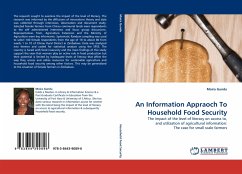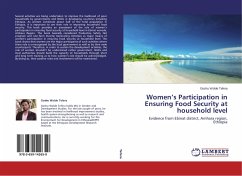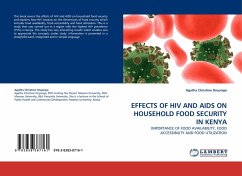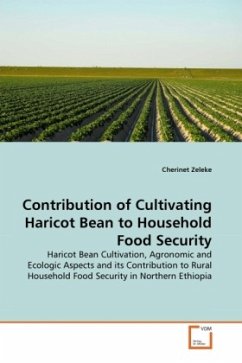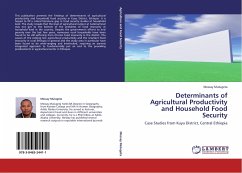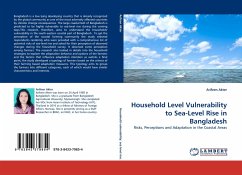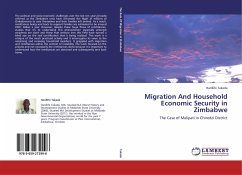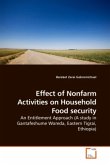The research sought to examine the impact of the level of literacy. The research was informed by the diffusions of innovations theory and data was collected through interviews, observation and document study. Selected female farmers from Chirau communal lands were respondents to the self administered interviews and focus group discussions. Representatives from, Agriculture Extension and the Ministry of Agriculture were key informants. Systematic Random sampling was used to select 100 female respondents from the age of 18 to above 80 from wards 1 to 10 of Chirau Rural District in Zimbabwe. Data was analyzed into themes and coded for statistical analysis using the SPSS. The country is faced with food insecurity and the main findings of this study support the view that women play an active role in food production but their potential is limited by inadequate levels of literacy that affect the way they access and utilize resources for sustainable agriculture and household food security among other factors. This may be generalized to the situation of female farmers in Zimbabwe.
Bitte wählen Sie Ihr Anliegen aus.
Rechnungen
Retourenschein anfordern
Bestellstatus
Storno

